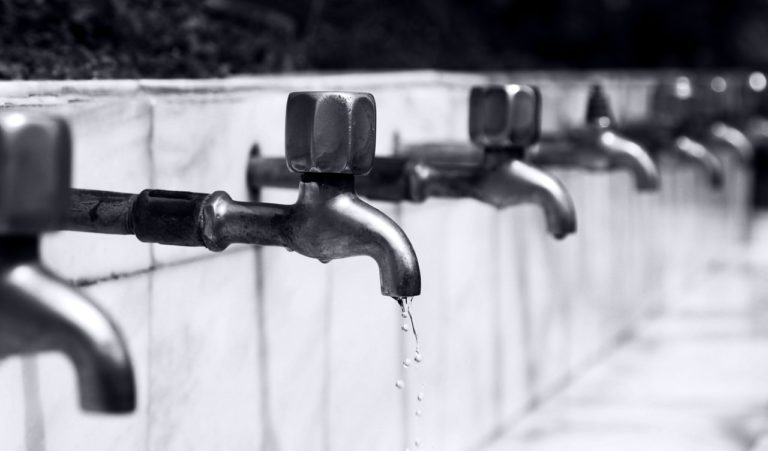Clogged drains are one of the most common problems that almost every homeowner face, and it always seems to happen at the worst possible time. And while it’s incredibly challenging to stop every drain clogs in its track, there are ways to help prevent it from happening.
Knowing a few preventive measures against clogged drains will help you keep your plumbing systems fully functioning all-year-round. Even more, learning how to unclog a drain will also help you avoid expensive repair services too.
Consider installing a lint catcher
Tiny bits of fabric, a sock, and tissue can pass through the washer’s drain hose and cause problems with your drains. So, to prevent it from happening, you need to put a lint catcher on the drain hose’s end. You can buy these lint traps in almost every hardware store and home center near your area.
Meanwhile, if you can’t find anything available, a temporary alternative would be nylon stocking. You can lock it in place using a zip tie to prevent it from moving around. It’s also crucial to keep a watchful eye on the trap and replace it once it’s full.
Don’t dump anything
It’s crucial not to dump food in the sink Instead, consider putting them in the trash. Meanwhile, warm grease can congeal inside the pipes once it starts to cool. Thus, causing it to clog. So, the best way to prevent it from happening is to avoid pouring any oil or grease down the drain. Instead, you can put them in one of your jars and throw it into the trash once it gets full. On the other hand, if you’re into bacon, you can get a container designed for leftover bacon grease so you can use it for later.
Rinse cement and grout elsewhere
Every setting-type joint compound naturally hardens with chemical reactions. It can even set up underwater, which can be a massive problem once it settles in your drain. Sand is a similar building product that’s notably bad when it comes to gutters. Because of its density, sands can settle quickly into the pipes and create rock-hard clogs.
To help you avoid these problems, you shouldn’t rinse any grout, setting compound, or even concrete down the pipes. Instead, rinse it inside a container until all the particles have entirely settled. Then you can decant the water outside and dump the sludge inside the garbage can.

Catch the falling hair
When combined, soap and hair can build clogs that would require a drain snake to get removed. Fortunately, you can prevent it from happening by catching the hair even before it gets to the drain.
There are various mesh screen sizes available for your needs. You simply need to get one that’ll fit the shower drains to capture all the hair that falls out. An alternative option is replacing the stopper assembly with a built-in stopper. A couple of products in the market have design features made to replace the stopper assemblies, which screws directly into the pipes. You can also ask for more tips from any of the trusted residential bathroom plumbers in your area for the best drain stopper for your bathroom.
Always flush the drains
Low-flow faucets and toilets are an excellent choice if you want to save water. However, these water supply lines aren’t perfect when it comes to keeping your drains clear. That’s because a lower volume of water isn’t that effective when it comes to carrying drains. To solve this problem, you need to fill a five-gallon bucket with enough water and pour it directly into the toilet while you flush it. You can do the same thing with your bathtub, too.
These are only a few of the things that you can consider to help prevent any issues with your drainage pipes. Properly maintaining your drainage can help avoid any problems from occurring in the future.

